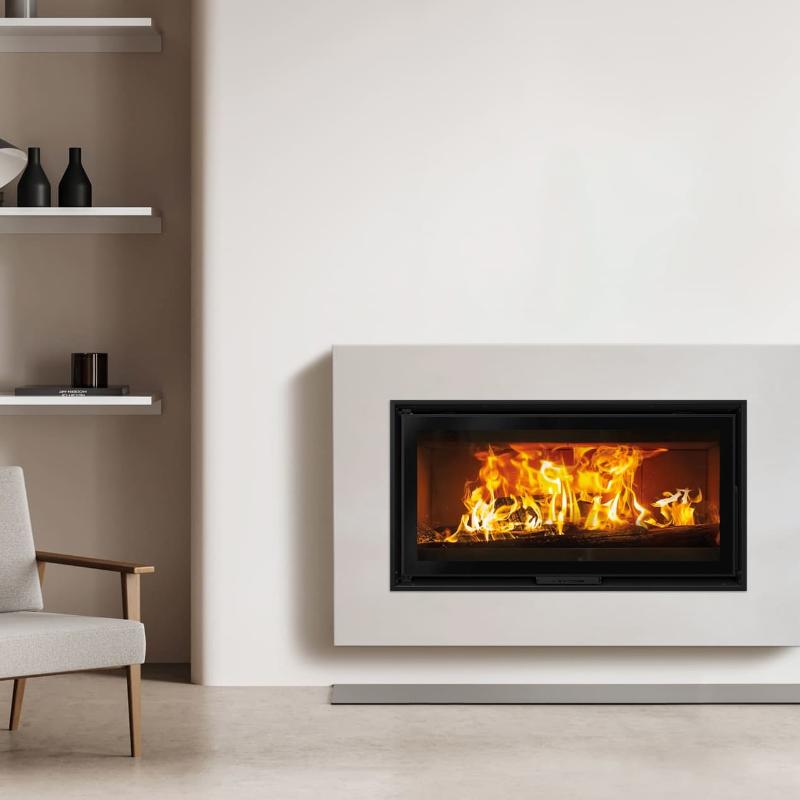Efficient and eco-friendly: sustainable heat
Combining the use of biomass such as wood and pellets with
advanced combustion technologies , the best are born
solutions for eco-sustainable heating. For this reason
reason for some years the Italian State has facilitated the choice of
use biomass heating through tax deductions and an incentive system .

50% deduction with the Home Bonus
There are numerous benefits that fall within the so-called
“Home Bonus” and mainly concern interventions of
renovation of buildings, as well as work on redevelopment systems , such as increasing the number of classes
energetic.
The 50% deduction applies in the case of
purchase of a new stove, pellet or wood , or of a
replacement of an existing biomass plant. In the first
case the environmental class of the stove must be 5 stars, in
second, starting from 4 stars.

Thermal Account 2.0
The incentives of the Conto Termico 2.0 are granted to those who
scrap the old heating system by purchasing one
a new generation one, including the costs of the adaptation
of the flue pipe or its replacement.
Based on the performance of the new stove or fireplace, which
must exceed 85% yield and the geographical area of
residence, you get a refund that can reach up to 65%
of the cost of the new appliance.

Regulations
When choosing a heating system, it is important to consider a series of regulations on CO₂ emissions . In Italy, the installation of biomass heating appliances is governed by national and regional regulations that evaluate the quality of heat generators with a star classification, as established by Ministerial Decree no. 186 of 07/11/2017. The higher the number of stars, the greater the efficiency of stoves and fireplaces.
Here is a list of our models that can be installed in the different regions as required by the relevant regulations:

5 star heating
Within our wide range of products, there are various available
stove and fireplace models classified with 4 or 5 stars.
This means that these products are characterised by:
- high thermal efficiency
- emission parameters. extremely low pollutants.
- possibility of accessing state incentives.




